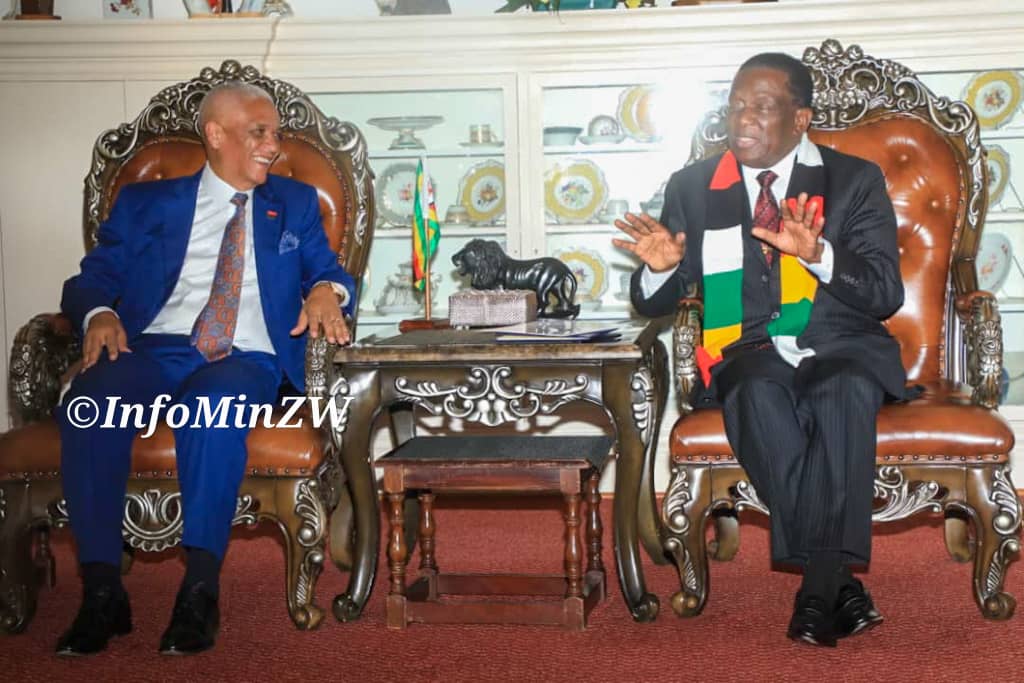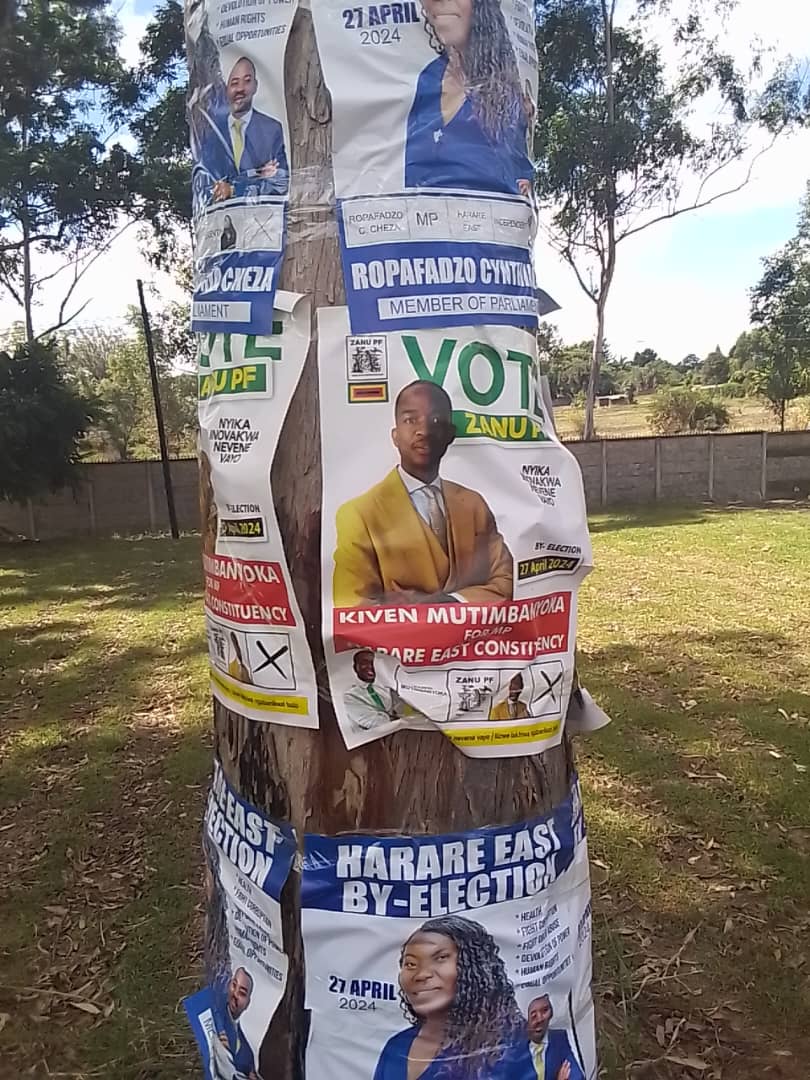SADC diplomats applaud Zimbabwe’s sanctions resilience
Share

Harare (New Ziana) – Ambassadors from nine Southern Africa Development Community (SADC) countries have patted Zimbabwe on the back for turning the adversity of crippling Western sanctions into an opportunity by becoming self-sufficient in food, among other major achievements.
The West, angered by Zimbabwe’s land reforms under which excess farmland was compulsorily re-possessed from white farmers to resettle landless blacks, imposed sanctions on the country in an effort to sway it to abandon its agrarian programme.
The sanctions, in place for over two decades, have cost the country an estimated US$100 billion, and led to emigration of millions of Zimbabweans in search of economic opportunities.
But in spite of the sanctions-induced difficulties, and using largely internally sourced resources, the government has turned around the economy in the last few years by making strategic investments such as dam construction and irrigation development, which have blunted effects of some of the sanctions.
Speaking after meeting President Emmerson Mnangagwa, the ambassadors said Zimbabwe’s resilience in the face of the sanctions was impressive, and confounding.
Dean of SADC ambassadors, Agostinho Tavares da Silva Neto of Angola, said they had learnt a lot from their meeting with President Mnangagwa, particularly in the area of agriculture.
From food import dependence only a couple of years ago, Zimbabwe is now not only cereal self-sufficient, but become a net exporter of some commodities.
“We learn a lot on what the President told us about food security, so we decide to have lessons from the President and to share with our countries how Zimbabwe survived after a very long period of illegal sanctions. How the people of Zimbabwe demonstrated resilience,” ambassador Tavares said.
He said the diplomats had also taken advantage of the meeting to congratulate President Mnangagwa for being re-elected in general elections in August, and the government for holding peaceful, free, fair and transparent polls.
The ambassadors’ sentiments on the election, which reflects the views of their countries, puts paid speculation that the regional block was divided on the conduct and outcome of the poll.
The controversy was stirred by an adverse report on the election by a SADC election observer mission, which has since been disregarded by leaders of the regional block.
“Despite socio-economic adversities brought about by the illegal sanctions, we remain focused, steadfast and determined to grow every sector of our economy, guided by our national development philosophy, ‘Nyika invakwa, inotongwa, inomatirwa nevene vayo,’ a country is built, governed and prayed for by its own people,” said President Mnangagwa.
“I call upon you, ambassadors from SADC, to focus on economic diplomacy towards harnessing the economic potential of our region. Drawing from our respective comparative and competitive advantages, more must be done to deepen cooperation between and among our countries. This must be in the context of our regional industrialization and integration agenda as well as the African Continental Free Trade Area.”
As a founding member of SADC, President Mnangagwa said Zimbabwe took pride in entrenching unity, peace and development, and deepening constitutionalism, good governance, democracy and the rule of law.
He assured the diplomats that as the incoming chair of the regional group, Zimbabwe is committed to promoting SADC common political values, systems and democratic practices.
New Ziana







